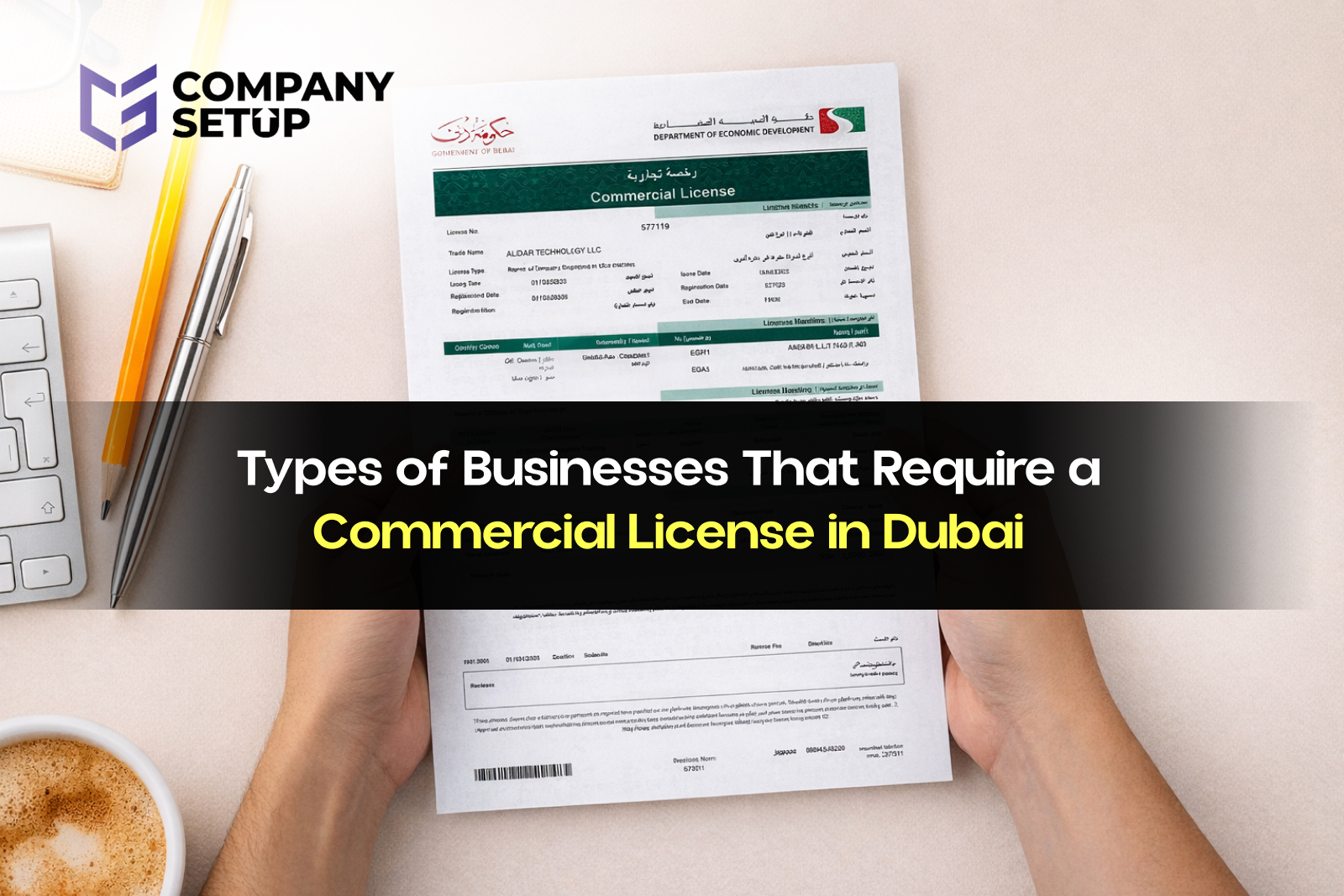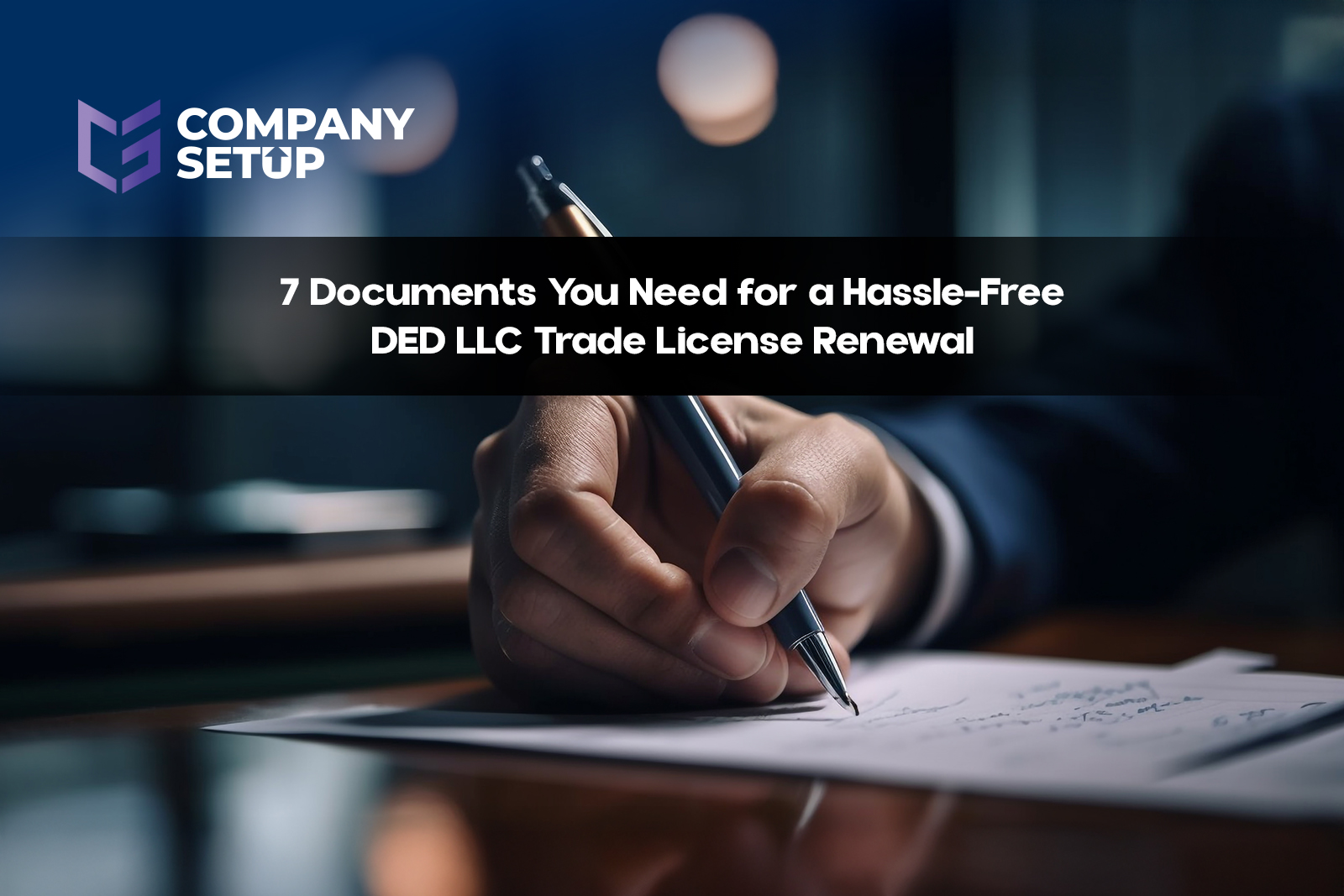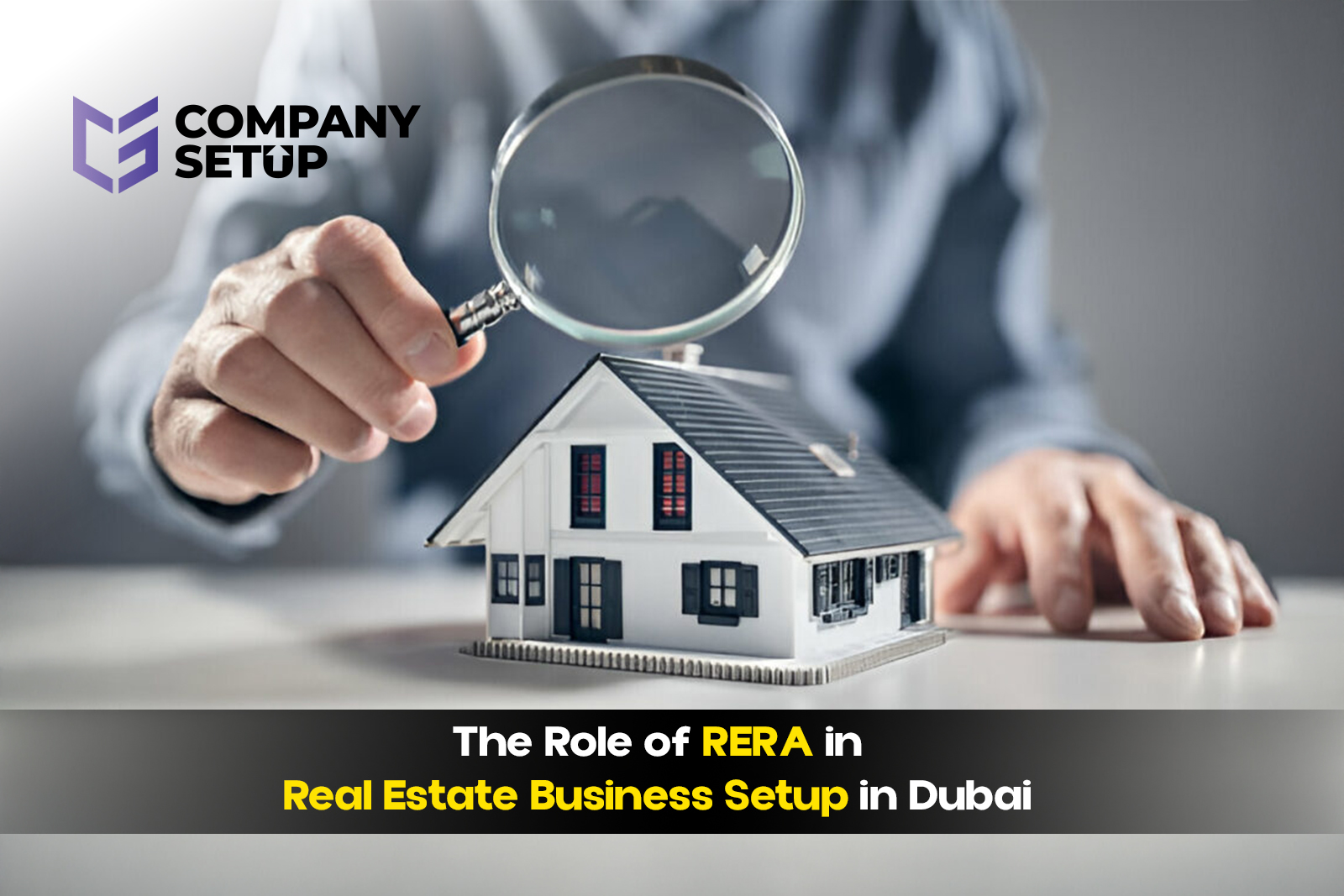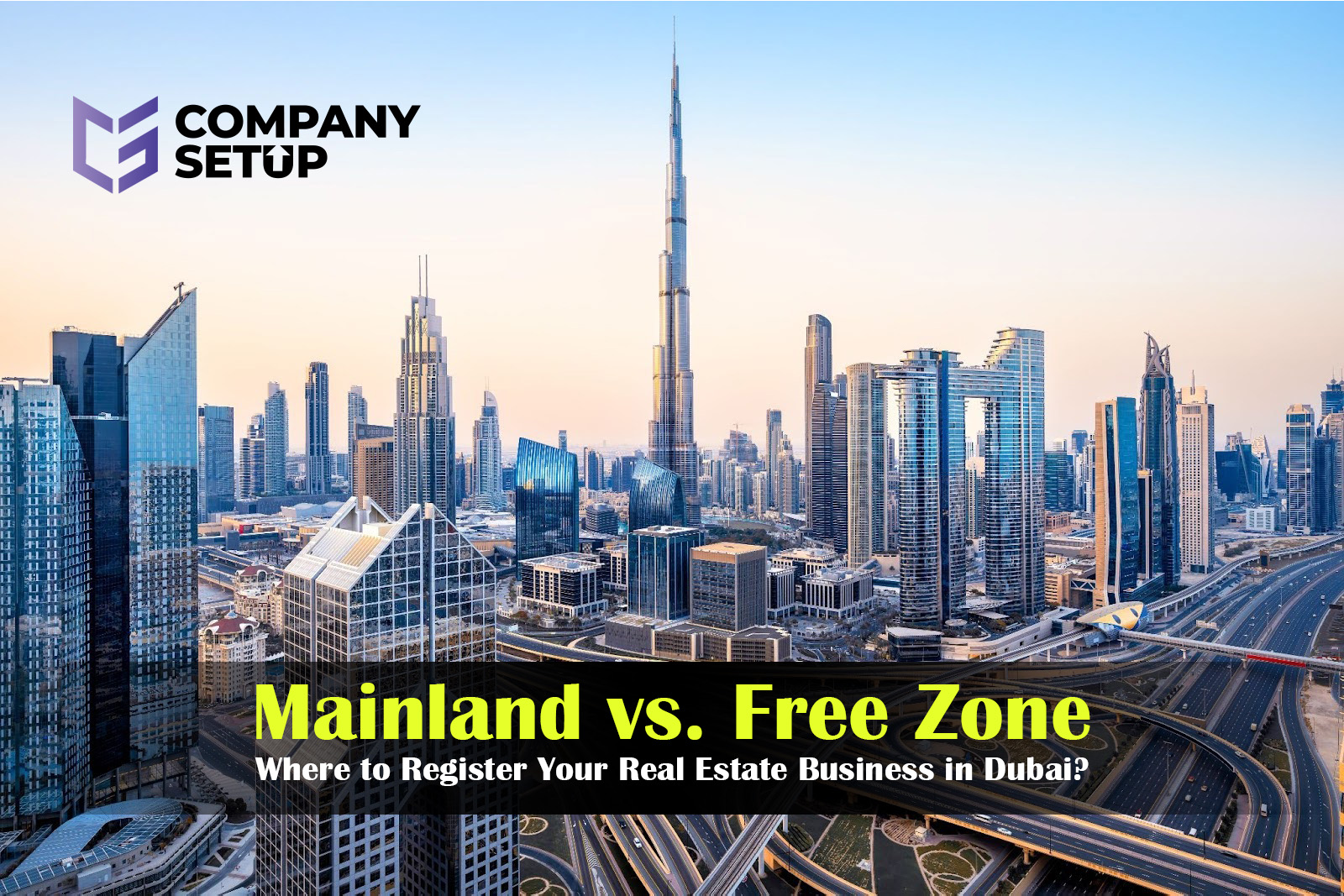Planning to start a real estate business in Dubai? Have you considered how the jurisdiction you choose can make or break your venture? Dubai’s real estate market is booming, attracting investors and entrepreneurs from across the globe—but success doesn’t just come from having the right property or contacts. The first step, and arguably the most important, is deciding whether to set up your business in a mainland or free zone. Choosing incorrectly can lead to higher costs, limited opportunities, and unnecessary compliance challenges.
So, the question is: where should you register your real estate business in Dubai to maximise growth and compliance? Let’s break down the differences, benefits, and hidden considerations to help you make the right choice.
Mainland vs Free Zone: What’s the Difference?
When it comes to setting up your property business in Dubai, mainland and free zone companies serve very different purposes. The decision impacts licensing, visa quotas, office requirements, banking options, and even how you market your properties.
But here’s the thing—this isn’t just a paperwork decision. The jurisdiction you choose will shape your long-term business model, define who you can sell to, and even determine how much flexibility you have to expand later. Pick the wrong setup, and you might find yourself locked into limitations that slow your growth or force you into costly restructuring.
Think about it this way: do you see your company focusing on local property buyers and investors within Dubai, or are you more interested in handling international portfolios and cross-border deals? Do you plan on hiring a large team, or would you rather keep operations lean? These are the kinds of questions that underline why choosing between mainland and free zone isn’t a one-size-fits-all decision—it’s a strategy.
In the sections that follow, we’ll break down the mainland and free zone options in detail so you can see exactly how each path aligns with your real estate goals.
Advantages of a Mainland Company for Real Estate in Dubai
A mainland company is registered under the Dubai Department of Economic Development (DED). This structure allows your business to operate directly in the local UAE market without restrictions.
But why do so many property entrepreneurs choose mainland setups?
Key Advantages:
- Access to the Local Market: Mainland companies can transact directly with UAE residents and businesses. If you’re planning to run a brokerage, this is a huge advantage. How can you grow your property business if you can’t reach the local market?
- Visa Quota for Employees: Mainland businesses allow you to sponsor multiple visas. Want to hire a full team of sales agents or managers? Mainland makes this feasible.
- RERA Certification: RERA, the Real Estate Regulatory Agency, ensures legal compliance for property dealings. Mainland companies can easily obtain and maintain this certification, which builds trust with clients.
- Office Requirements: A physical office is mandatory, which not only satisfies legal requirements but also provides a professional space for client meetings.
- Corporate Bank Account Access: Banks prefer mainland companies for account openings, ensuring smoother financial transactions.
Drawbacks: Mainland setups often have higher initial costs, and licensing paperwork can take longer than free zone registration. But if your goal is direct access to the local real estate market, these are manageable challenges. In fact, many entrepreneurs view these additional costs as an investment in credibility, since a mainland presence signals stability and long-term commitment to clients.
Free Zone Limitations for Real Estate Companies in Dubai
Free zones in Dubai, such as DMCC, Dubai Silicon Oasis, or Dubai Multi Commodities Centre, are ideal for international investors who want 100% ownership and minimal bureaucracy. For many entrepreneurs, the appeal lies in the speed of setup and the ability to maintain full control without needing a local partner.
Key Advantages:
- 100% Foreign Ownership: Unlike mainland companies (which historically required a local partner), free zones allow you to retain full control.
- Tax Benefits: Many free zone setups are exempt from corporate tax and customs duties, which can reduce operational costs significantly.
- Faster Setup: Incorporation in a free zone is usually quicker, making it easier to start operations sooner.
- Flexible Office Requirements: Free zones often allow virtual offices, which can save on overhead costs.
Limitations:
- Market Restrictions: Free zone companies cannot directly sell to the UAE public without a local distributor or agent. How can you grow your brokerage if your access to clients is limited?
- Visa Restrictions: The number of visas is tied to office size or license type, which may limit your ability to hire a larger team.
- Banking Hurdles: Corporate bank account approvals might require extra documentation compared to mainland companies, which can delay operations.
While free zones offer undeniable advantages for investors seeking simplicity and ownership freedom, their limitations can become a bottleneck if your long-term plan involves tapping into Dubai’s vibrant local property market. In many cases, entrepreneurs eventually transition to a mainland structure once they realise the potential clients and opportunities they’re missing out on.
Dubai Real Estate Company Setup Comparison: Mainland vs Free Zone
Let’s simplify the differences with a comparison table:
| Feature | Mainland | Free Zone |
| Ownership | Up to 100% (with new reforms) | 100% foreign ownership |
| Local Market Access | Full | Limited, needs local agent |
| RERA Certification | Required | Limited scope |
| Visa Quota | High | Limited |
| Office Requirements | Mandatory physical office | Flexible/virtual office options |
| Corporate Bank Account | Easier to open | More documentation required |
| Corporate Tax | Subject to UAE rules | Free zone exemptions might apply |
| Licensing Cost | Higher | Moderate |
Why the Choice Between Mainland and Free Zone Matters
Why is this decision so crucial? Because it shapes how you operate day-to-day — from compliance and marketing reach to banking access and the size of your team. Picking the wrong structure can stall your growth before you even start.
Mainland Advantages
- Direct Market Access: Mainland companies can sell directly to UAE residents and businesses. For a property brokerage, this is a game-changer. How can you expand if you need a middleman for every transaction?
- RERA Compliance: Only mainland setups can fully align with RERA requirements, covering property marketing, brokerage activities, and escrow accounts — which clients expect as a mark of trust.
- Visa Flexibility: Mainland companies can sponsor larger teams, letting you scale up with more agents, managers, or support staff.
- Banking Confidence: Local banks often favour mainland firms, which means faster account openings and smoother transactions.
- Credibility: A mainland license signals to clients and partners that you’re serious about operating in the UAE market, not just testing the waters.
Free Zone Advantages
- Full Ownership: International investors can retain 100% control without needing a UAE partner.
- Lower Tax Liability: Many free zones offer tax breaks, exemptions, and duty-free benefits that help reduce overhead.
- Reduced Setup Hassle: Registration is quicker and bureaucracy is lighter, so you can get started sooner.
- Flexible Office Options: Virtual offices or small shared spaces cut costs, which is useful for lean startups.
- Global Positioning: Free zones are ideal if your target is international clients, digital operations, or property investments outside the UAE.
The Trade-Off
Here’s the kicker: if your business model requires interacting directly with UAE buyers, tenants, or investors, free zone restrictions could seriously hold you back. On the flip side, if your goal is to keep things light, international, and tax-efficient, a free zone setup might be the smarter move.
The real question isn’t “Which is better?” but “Which aligns with how you plan to grow your property business?”
RERA, Compliance, and Licensing Considerations
Dubai’s property sector is heavily regulated. Both mainland and free zone businesses must comply with RERA guidelines, including:
- Licensing requirements for property brokerage
- Escrow account handling and client contracts
RERA also sets strict real estate marketing rules in Dubai, covering everything from online property ads to brochures. These regulations are part of broader property brokerage compliance in Dubai, and ignoring them can put your license at risk.
Ignoring these regulations can result in fines, license suspension, or even business closure. So the question is: can you afford to operate without understanding these compliance requirements?
Costs & Licensing
The cost of a real estate license in Dubai depends on your jurisdiction, office size, and business activity. Mainland licenses are typically higher due to office requirements and DED fees, while free zone licenses are more moderate but may require extra expenses for marketing or local partnerships.
Think about it: would you rather pay slightly more upfront to ensure market access, or save initially and face limitations later?
Visa and Staffing Considerations
A thriving real estate business needs a solid team. Mainland companies allow more flexibility for sponsoring employees, making it easier to hire skilled brokers, managers, and marketing staff. Free zones tie visa eligibility to license type and office size, which may restrict your team’s growth.
So ask yourself: how many employees do you realistically plan to hire in your first year, and will your jurisdiction support that growth?
Banking and Financial Operations
Opening a corporate bank account is crucial for smooth operations, regardless of jurisdiction. Mainland companies often have an easier process, while free zone setups may require extra approvals and documentation. Having a reliable corporate account is essential for client transactions, escrow handling, and daily operations.
The Bottom Line: Mainland or Free Zone?
Mainland vs Free Zone Company Setup for Real Estate in Dubai
Choosing between a mainland company setup and a free zone company setup in Dubai isn’t just a legal step — it’s a strategic decision that directly affects how your real estate business will operate and grow.
Mainland Setup Advantages
If your goal is to establish a real estate company in Dubai that serves the local property market, a mainland license is often the better option. It gives you:
- Direct Market Access: You can deal directly with UAE buyers, tenants, and businesses without restrictions.
- RERA Compliance: Mainland companies can fully register with the Real Estate Regulatory Agency (RERA), which is essential for property brokerage, escrow management, and client trust.
- Larger Visa Quotas: A mainland setup supports a growing team of brokers, managers, and support staff.
- Banking Benefits: Opening a corporate bank account in Dubai is typically easier for mainland companies, giving smoother access to financial services.
Free Zone Setup Advantages
On the other hand, a free zone company setup in Dubai is attractive for international property investors who want:
- 100% Foreign Ownership: Full control without a local sponsor.
- Tax Benefits: Many free zones offer corporate tax exemptions and customs duty savings.
- Lower Overheads: Flexible office requirements and simplified incorporation help reduce setup costs.
- Global Reach: Ideal for businesses focusing on international clients, rather than only the Dubai property market.
Making the Choice
The right setup depends on your business vision. Ask yourself:
- Do I want direct access to the Dubai property market, or will I focus mainly on international clients?
- How critical is full RERA compliance for building credibility?
- How many employees will I need to scale my brokerage?
- Am I willing to handle additional Dubai mainland licensing requirements in exchange for bigger opportunities?
Your answers shape more than your company license. They define how competitive your real estate business in Dubai can be, the clients you’ll attract, and the growth potential you’ll unlock.
In short, mainland vs free zone isn’t just paperwork. It’s the foundation of your business strategy in Dubai real estate.
Take Action: Start Your Dubai Real Estate Business with Confidence
The right choice between mainland and free zone setup in Dubai can define your success in the real estate market. Get it wrong, and you risk delays, compliance issues, and lost clients. Get it right, and you’ll save costs, stay compliant, and grow faster.
At Company Setup, we simplify the process:
- Mainland or free zone licensing tailored to your real estate model
- RERA compliance for smooth property brokerage operations
- Office setup and visa sponsorship for you and your team
- Assistance with corporate bank account opening
- Tax planning and business advisory for long-term growth
Don’t gamble with your real estate venture. Let Company Setup guide you through the best setup, handle the paperwork, and help you launch with confidence.









